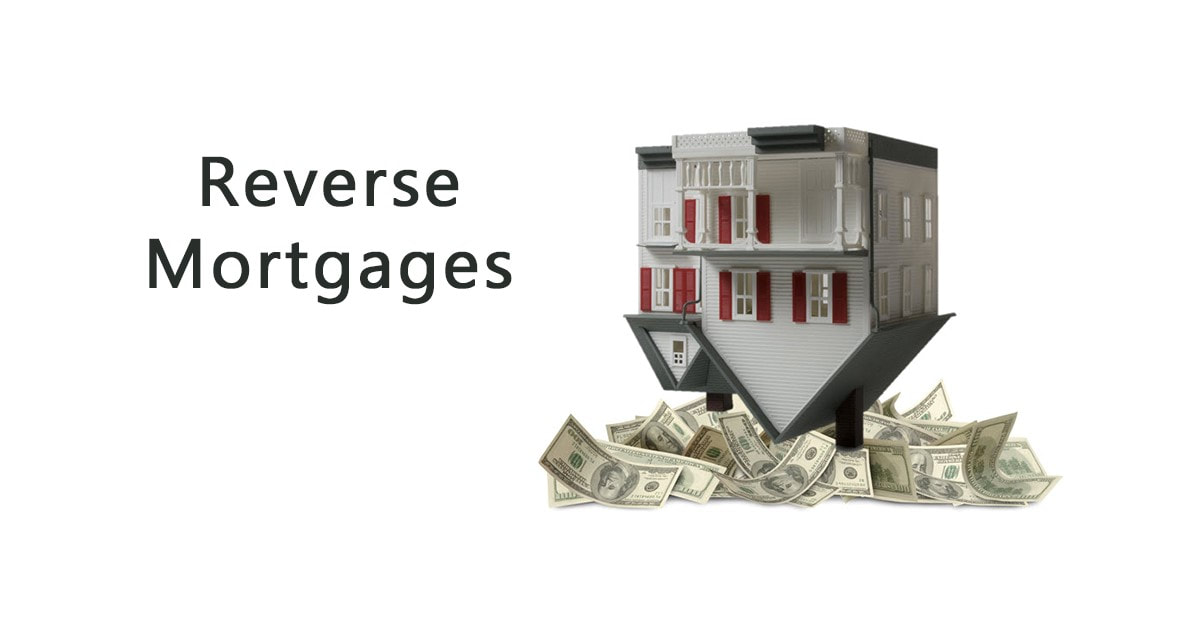Reverse Mortgage1/13/2020 Reverse mortgage loans are like traditional mortgages that permits homeowners to borrow money using their home as collateral while retaining title to the property. Reverse mortgage loans don't require monthly payments.
The loan is due and payable when the borrower no longer lives in the home or dies, whichever comes first. Since no payments are made, interest and fees earned are added to the loan balance each month causing an increasing unpaid balance. Homeowners are required to pay property taxes, insurance and maintain the home, as their principal residence, in good condition. Reverse mortgages provide older Americans including Baby Boomers access to their home's equity. Borrowers can use their equity to renovate their homes, eliminate personal debt, pay medical expenses or supplement their income with reverse mortgage funds. Homeowners are required to be 62 years and older and meet the following requirements:
Payouts are based on the age of the youngest spouse. The younger the age, the less money can be borrowed. Reverse mortgages offer two terms ... a fixed rate or variable rate. Fixed rate HECMs have one interest rate and one lump sum payment. Variable rate loans offer multiple payout options:
Traditional reverse mortgages, also called Home Equity Conversion Mortgage, HECM, are insured by FHA. There are no income limitations or requirements and the loan funds may be used for any purpose. The borrower must attend a counseling session about the HECM, its risk, benefits, and how much can be borrowed. The final loan amount is based on borrower's age and home value. FHA HECMs require upfront and annual mortgage insurance premiums but can be wrapped into the loan. Proprietary HECM loans are not federally insured. Lenders create their own terms, including allowing loan amounts higher than the FHA maximum. Proprietary HECMs don't require mortgage insurance (upfront or monthly), which may result in more funds available. Proprietary reverse mortgages typically have higher interest rates than FHA HECMs. Advantages
Disadvantages
More information is available about reverse mortgages from the Consumer Financial Protection Bureau or Federal Trade Commission or HUD.gov. Questions? Prefer to discuss further? Give Jenni a call at (808) 345-6192
0 Comments
Leave a Reply.AuthorRead helpful articles and real estate resources shared on behalf Realtor® Broker, BIC Jennifer R. Rhodes of Premier Island Properties LLC Archives
June 2020
Categories
All
|
|
RB-22237
|
|

 RSS Feed
RSS Feed
